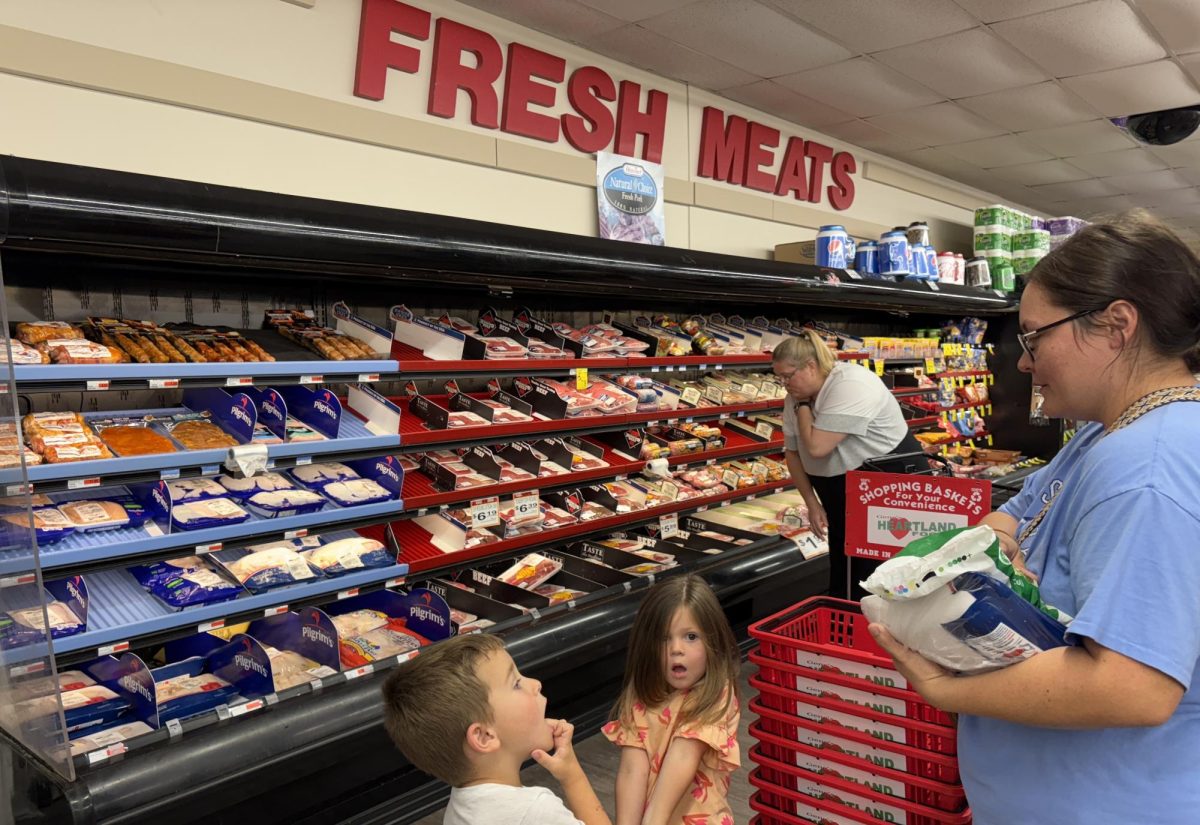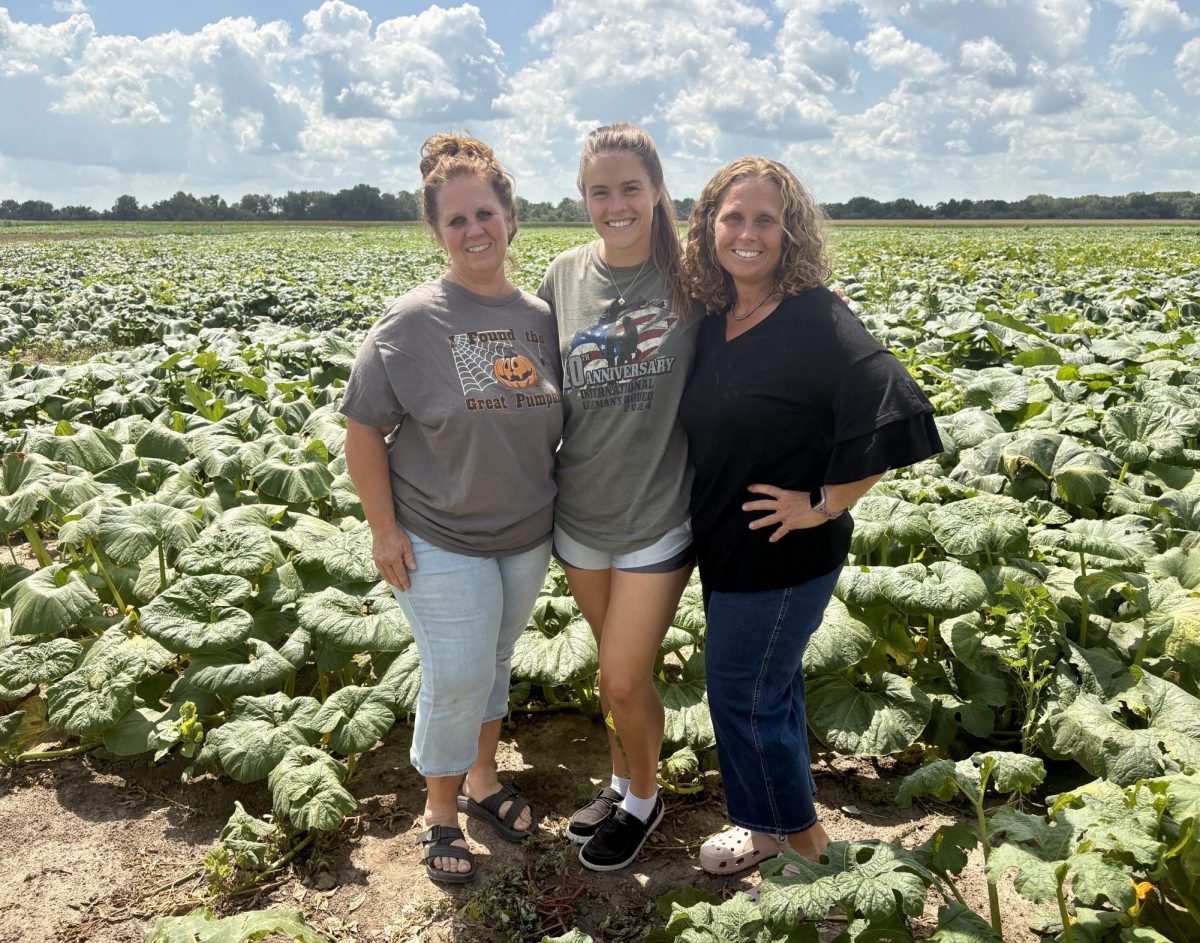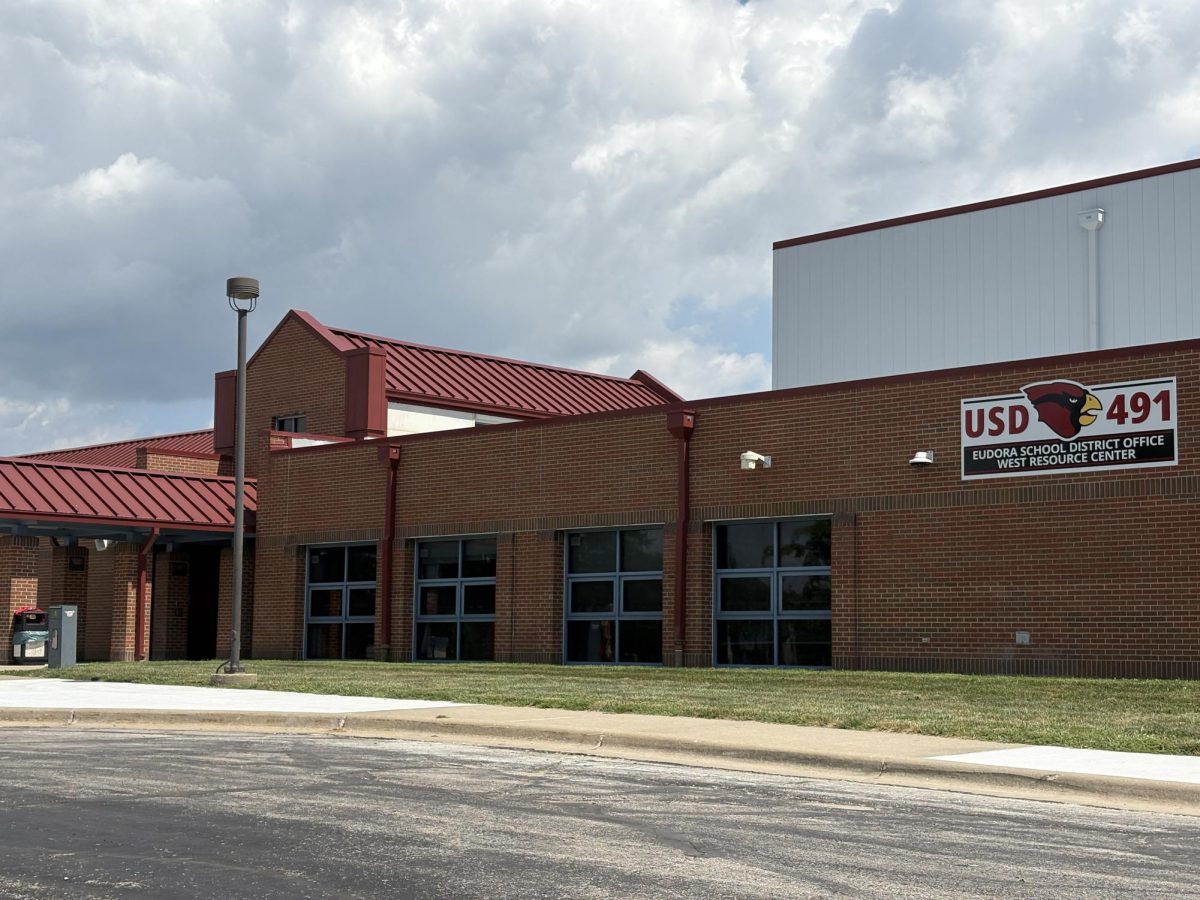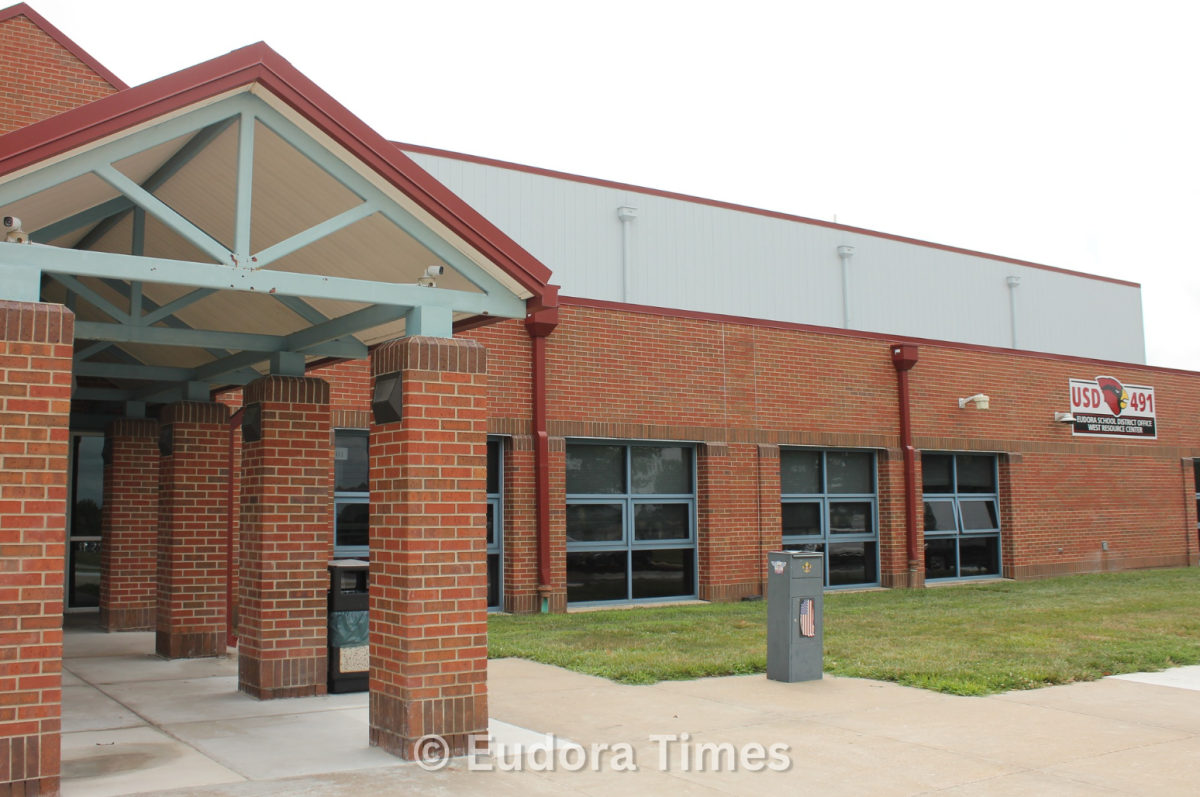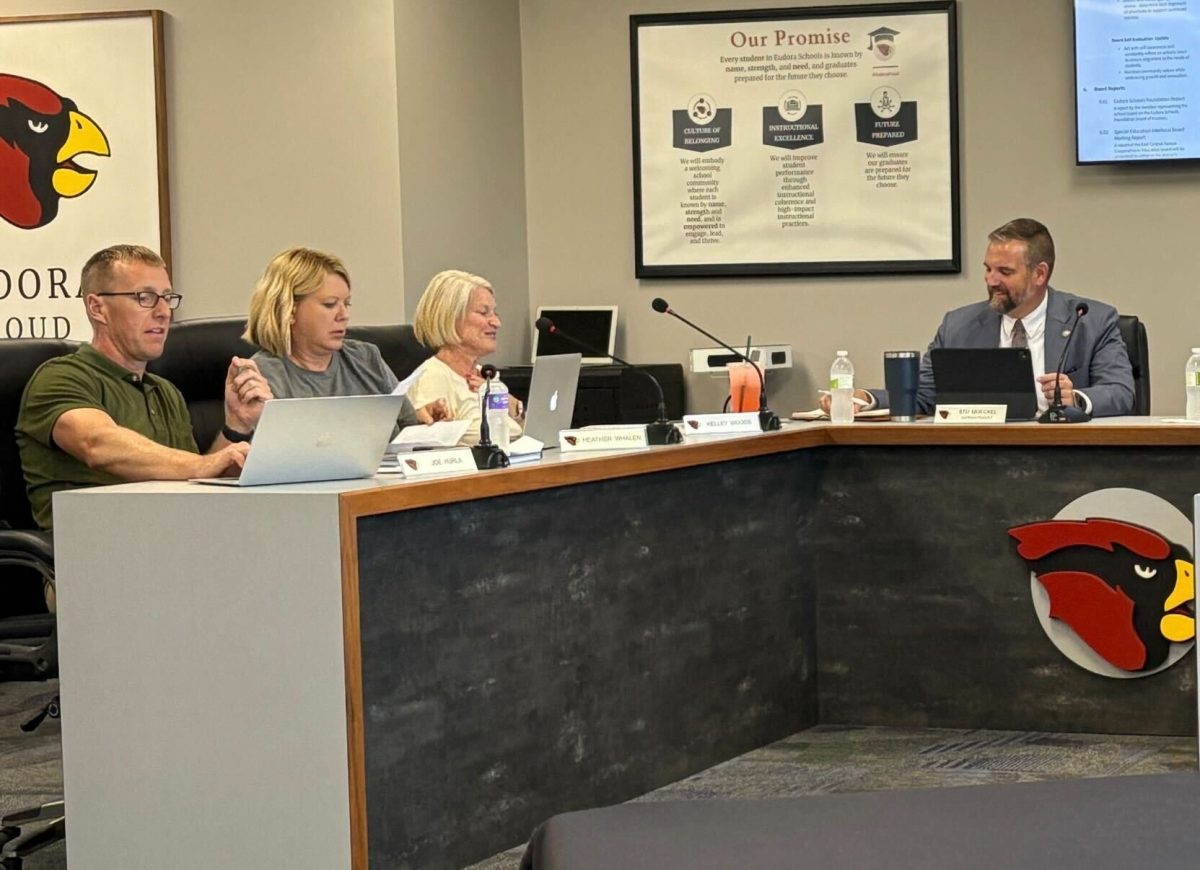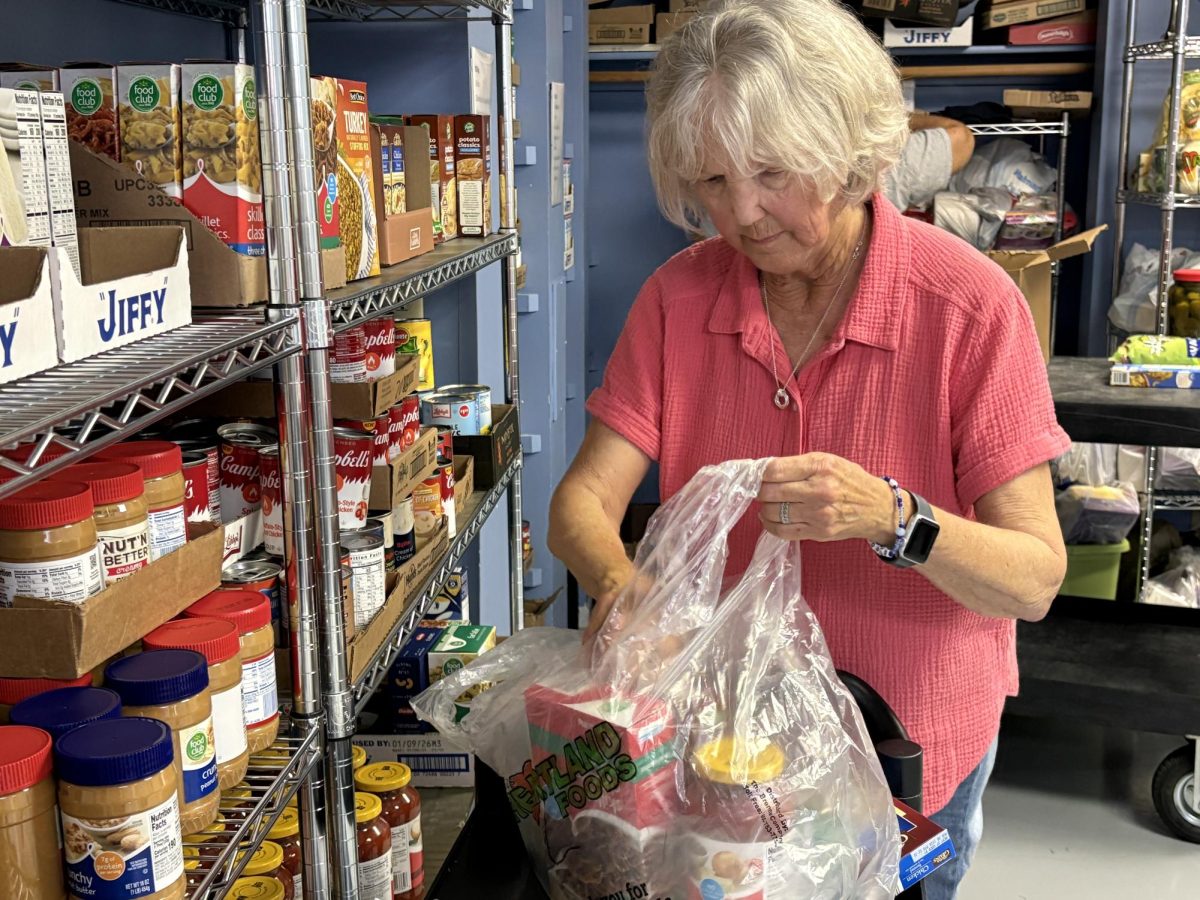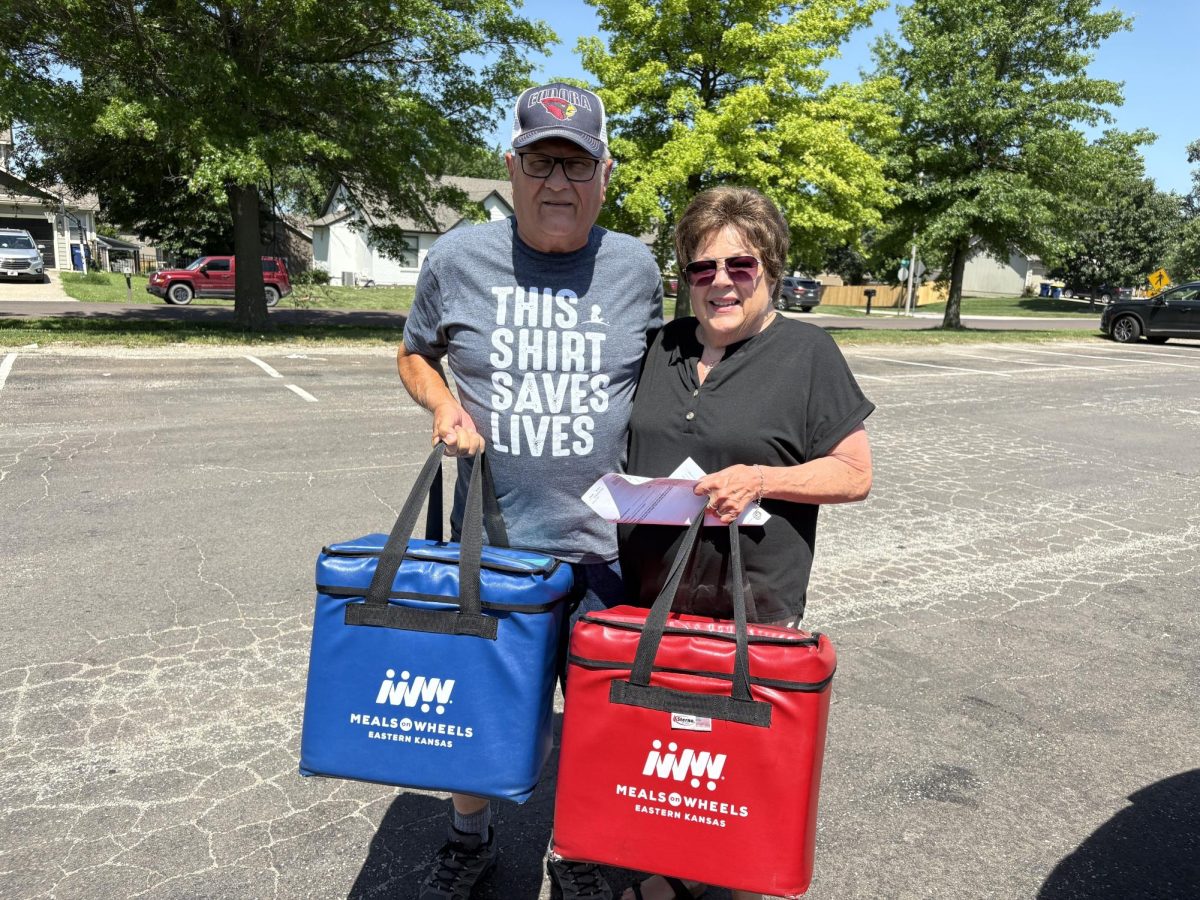With school lunches to pack each day, Alicia Robinson said the increase in prices at the grocery store are noticeable.
Each month, she looks closer at the budget for breakfast and lunch. She’s seen the most drastic changes in meat prices, but prices for frozen foods have gone up, too, she said.
She’s started buying fewer name brand items to accommodate for higher costs, she said.
“We pack our lunches every day, so trying to budget that in for monthly lunches, breakfast, stuff like that,” she said while recently shopping at Gene’s.
A recent analysis from CBS News found all food cost about 17.3% more than it did in January 2022. “That means a grocery bill that cost $100 back then would cost around $117.35 in July 2025,” the report said.
With higher grocery prices, many are spending less at Gene’s Heartland Foods. However, store manager Lance Handley said it’s important to remember all prices are going up and shopping at Gene’s means they can support the schools and other local groups, unlike a big box store like Walmart.
Coffee has been one of the items that’s seen a significant increase recently, as well as chocolate products, he said. A little bit of it might be tariff-related, but it’s also been a bad harvest for cocoa, he said.
There hasn’t been much of an increase in produce prices, which mostly comes from Mexico, he said.
There are a number of outside contributing factors that can influence prices at the grocery store, like egg price increases due to the bird flu. Handley said for the most part, egg prices have now stabilized, although they are more expensive than two years ago.
Gas prices also affect the store because Gene’s has to pay higher prices for food and product deliveries, and so much packaging is made of plastic, which is made from petroleum, he said.
Handley said people comment daily about prices, and he said everything else in the world has increased, too.
The only way for Gene’s to get items cheaper is to buy a larger bulk size, he said, but the store needs enough shoppers for those bigger numbers so food and other products don’t end up in the trash.
Handley said some of the misunderstanding comes from people thinking that places like Gene’s pay the same as big box stores like Walmart. The reality is Gene’s is paying more for items than what Walmart can retail those items for, he said.
The biggest difference is what Gene’s provides for the community that a large corporation wouldn’t do, he said. People regularly say they will “just go to Walmart” because it’s cheaper, Handley said.
“When’s the last time Walmart gave money to the band? When’s the last time Walmart gave money to the Eudora PTA, you know?” he said. “We do a lot of stuff for the community that we don’t get credit for.”
John Phillips, who recently shopped at Gene’s, said he values local grocery stores over somewhere like Walmart, where he can further support small businesses rather than billionaires and corporations, he said.
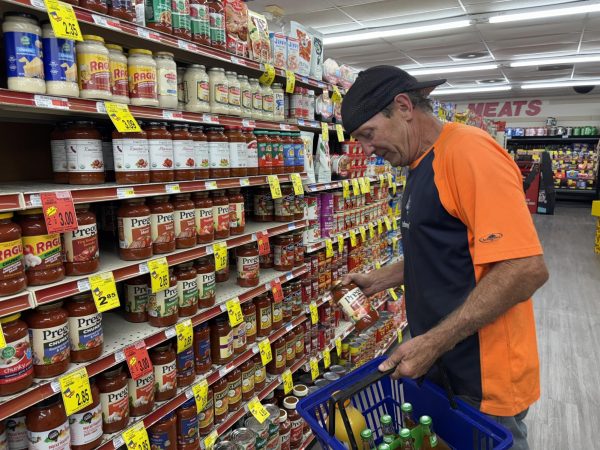
He’s buying fewer meat products due to the higher costs, and looking for cheaper, more instant options, he said.
Due to changes in prices across the board, Phillips is also looking into the possibility of growing his own produce, he said.
“Not that it’d be cheaper, but at least you wouldn’t have all the additives,” he said.
Overall, he’s trying to cut costs by buying less and substituting things like ramen noodles in for some of his meals, he said.
Haley Ward said she has adjusted her shopping list to include fewer name brand items while remaining a regular shopper at Gene’s.
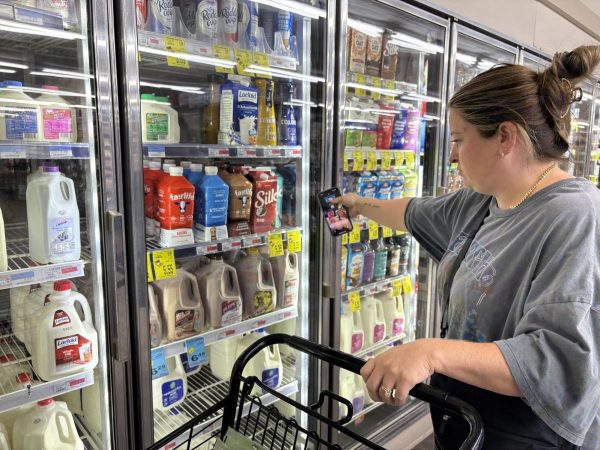
Ward said she tries to shop locally for anything she can, and has noticed Gene’s staying competitive with prices recently.
Items she puts in school lunches like chips and other snacks have become more expensive, she said. They’ve also cut out soda and cereal because of the increases.
Elsewhere in town, Zeb’s has seen significant changes to its coffee prices due to a tariff surcharge being added to every bag they purchase, owner Kathy Weld said. The coffee roaster they purchase their beans from said they hope it is only temporary, but it’s hard to say if it will be, she said.
Coffee tariffs are affecting coffee nationwide. According to the Bureau of Labor Statistics, coffee prices increased from an average of $6.30 per pound to $8.40 per pound from July 2024 to July 2025.
Barbwire Barbecue is seeing increased prices on meat, owner Jason Musick said. The increase may not be due to tariffs and more because slaughterhouses have to cut back production.
Musick said he was worried that supplies would be hit hard due to tariffs on China, but said Barbwire hasn’t seen anything too drastic yet.
Musick said some meats have over doubled in price per pound. He contributes this to overall increases, and also a higher demand during peak barbecue season, he said.
While bigger barbecue restaurants may be able to save on purchases due to the large quantities they’re buying, Barbwire does not purchase enough to be in a contractual locked-in prices with food purveyors.
Across the board Barbwire’s menu went up about 50 cents per item, he said. It’s not to increase profits, but to make sure the business can stay alive, he said. It’s also hard to know how to pivot when tariffs are different day-to-day, he said.
Musick said it’s important that they are mindful about increases people are already seeing in other parts of their daily lives when making price increases. Overall, Musick said he thinks customers have been understanding about increases.
“So, when people see a price increase, it isn’t just to enrich my pockets. It’s just to keep our business afloat because I mean, it’s been a rough, rough year, and there’s been times where I’m like, I don’t know if we’re gonna make it,” Musick said.

